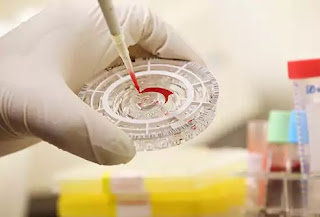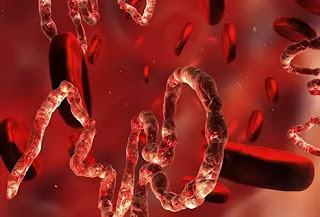After analyzing the blood of a survivor of the 2013-16 Ebola outbreak, a team of scientists has discovered the first natural human antibodies that can protect animals against all three major disease-causing ebola viruses.
Monoclonal antibodies, which bind to a specific pathogens and toxins, have emerged as one of the most promising treatments for Ebola patients.
Most antibody therapies target just one specific ebola virus. For example, the most advanced therapy — ZMappTM, a cocktail of three monoclonal antibodies — is specific for Ebola virus (formerly known as “Ebola Zaire”), but doesn’t work against two related ebola viruses (Sudan virus and Bundibugyo virus) that have also caused major outbreaks.
It’s impossible to predict which of these agents will cause the next epidemic, it would be ideal to develop a single therapy that could treat or prevent infection caused by any known ebola virus.
Both antibodies were able to protect animals (mice and ferrets) that had been exposed to a lethal dose of the three major agents: Ebola virus, Bundibugyo virus and Sudan virus.
The researchers also discovered the human genes that are the likely source of the immune cells that produce the two antibodies. These findings can
speed up the development of vaccines to prevent ebola virus infection.



